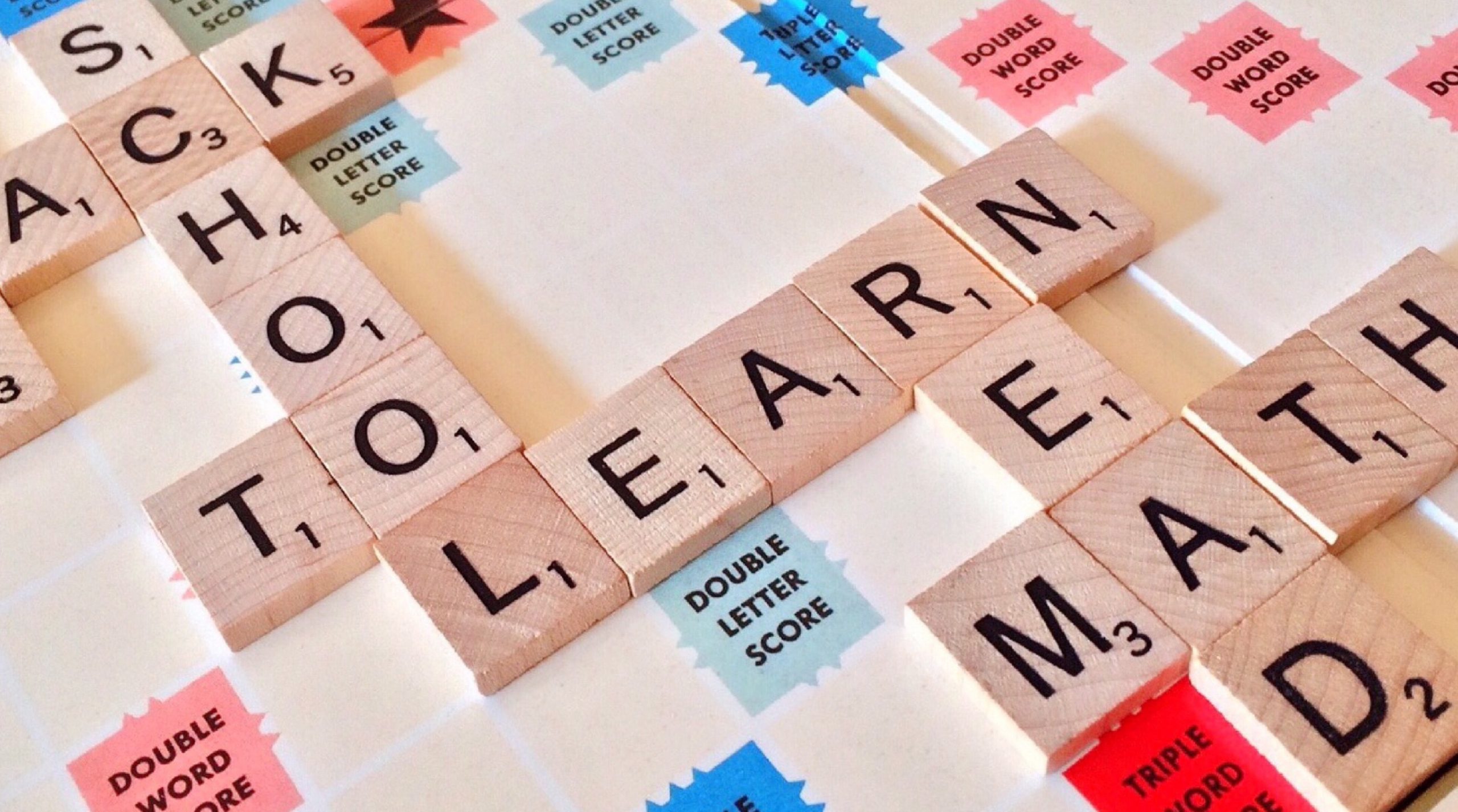Grammar for IELTS
Grammar for IELTS

Grammar for IELTS: Articles: “A,” “an,” and “the”
Articles: "A," "an," and "the" are articles in English grammar. "A" and "an" are indefinite articles used to refer to a non-specific noun or thing. "A" is used before a word that starts with a consonant sound, and "an" is used before a word that starts with a...

Grammar for IELTS: Relative, Restrictive, and Non-restrictive Clauses
Relative, Restrictive, and Non-restrictive Clauses A relative clause is a type of subordinate clause that modifies or describes a noun or pronoun in the main clause. It usually begins with a relative pronoun, such as "who," "whom," "whose," "which," or "that." There...

Grammar for IELTS: Prepositions of time
Prepositions of time are words that show the relationship between a noun or pronoun and a specific time or duration. Here are some common prepositions of time: At: used to indicate a specific time I will meet you at 5 pm. I have an appointment at 3 pm. She always...

Verb Patterns – verb + -ing, verb + to infinitive, verb + object + to infinitive
verb + -ing The "-ing" form of a verb is called the present participle. It is formed by adding "-ing" to the base form of the verb. The present participle can be used in several ways in English: Continuous verb tenses: The present participle is used to form continuous...

Grammar for IELTS: Prepositions of place
Prepositions of place are words used to describe the location of a person, object, or thing in relation to another. Here are some common prepositions of place: 1. In: It is used to describe something inside an enclosed space. The Pen is in the beg. The cat is in the...













